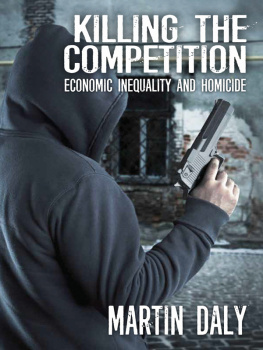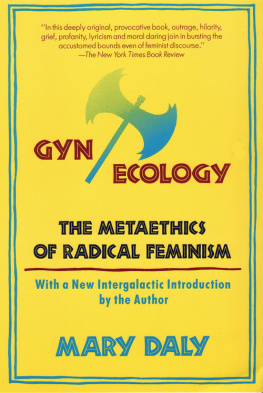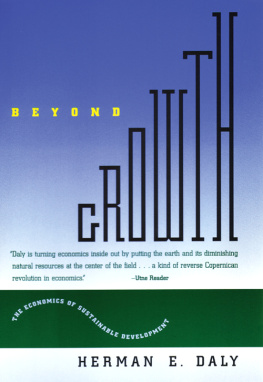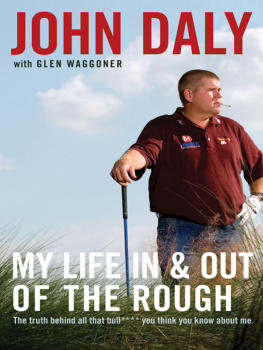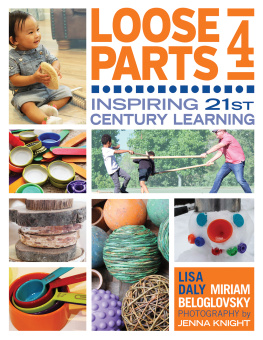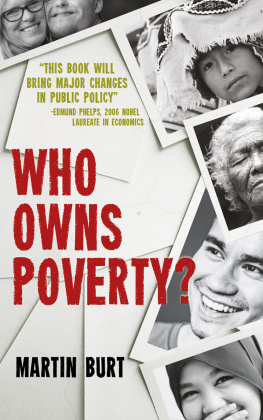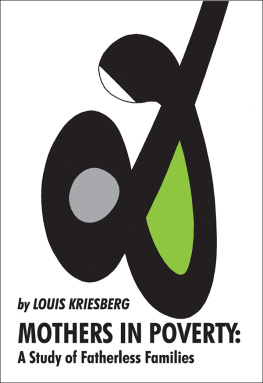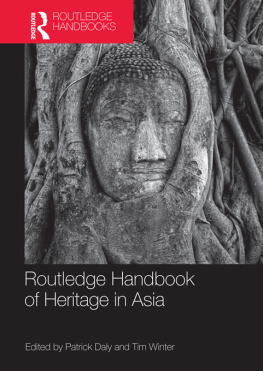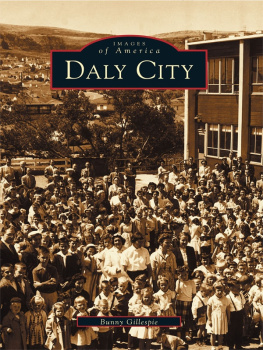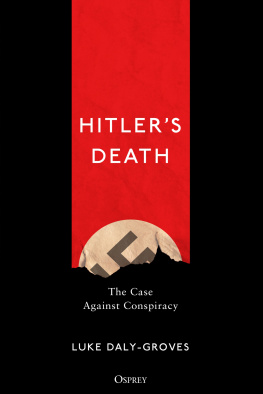FAMILIES AND POVERTY
Everyday life on a low income
Mary Daly and Grace Kelly
First published in Great Britain in 2015 by
Policy Press University of Bristol 1-9 Old Park Hill Bristol BS2 8BB UK Tel +44 (0)117 954 5940 e-mail
North American office: Policy Press c/o The University of Chicago Press 1427 East 60th Street Chicago, IL 60637, USA t: +1 773 702 7700 f: +1 773-702-9756
Policy Press 2015
British Library Cataloguing in Publication Data
A catalogue record for this book is available from the British Library
Library of Congress Cataloging-in-Publication Data
A catalog record for this book has been requested
ISBN 978-1-4473-1886-6 ePub
ISBN 978-1-4473-1887-3 Kindle
The right of Mary Daly and Grace Kelly to be identified as authors of this work has been asserted by them in accordance with the Copyright, Designs and Patents Act 1988.
All rights reserved: no part of this publication may be reproduced, stored in a retrieval system, or transmitted in any form or by any means, electronic, mechanical, photocopying, recording, or otherwise without the prior permission of Policy Press.
The statements and opinions contained within this publication are solely those of the authors and not of the University of Bristol or Policy Press. The University of Bristol and Policy Press disclaim responsibility for any injury to persons or property resulting from any material published in this publication.
Policy Press works to counter discrimination on grounds of gender, race, disability, age and sexuality.
Cover design by Hayes
Design Front cover image: Getty
Readers Guide
This book has been optimised for PDA.
Tables may have been presented to accommodate this devices limitations.
Image presentation is limited by this devices limitations.
Contents
List of tables
Acknowledgements
The study on which this book is based was undertaken as part of the Poverty and Social Exclusion in the United Kingdom research project. The project was funded by the Economic and Social Research Council (ESRC Grant RES-060-25-0052) under the leadership of Professor David Gordon of the University of Bristol. We thank the members of the team for their interest and helpful comments on the research, especially Professors Mike Tomlinson and Paddy Hillyard of Queens University Belfast.
We would like to record our thanks to Michelle Crawford from the Analytical Services Unit of the Department for Social Development, who arranged access to the Family Resources Survey. The work of departmental staff in carrying out the initial screening exercise is also gratefully acknowledged. Dermot Donnelly of the Central Survey Unit of the Northern Ireland Statistics and Research Agency deserves special mention for his work on extracting the required sample from the Family Resources Survey and arranging delivery of the initial research material.
We also note the key role played by the Community Foundation for Northern Ireland, which put us in touch with a number of local community groups through which we recruited some of our respondents. The West Belfast Partnership deserves recognition for also facilitating contact with local centres and groups for the purpose of recruiting respondents.
There are some people in particular who deserve special thanks for believing in the research and facilitating access to participants. These are people who work on the ground within their local communities, whose work is quiet and unassuming but whose contribution to their communities is immense. To name these people individually would be to jeopardise the anonymity of the respondents. Instead, they have been thanked in person.
Finally, our greatest thanks go to each and every respondent who agreed to take part. They gave their time willingly and spoke openly and honestly in a genuine desire to further knowledge about what it is like to live in a situation of poverty and low income at the present time. Their accounts were insightful and arresting, and have stayed with us over the passage of time. We hope we have done justice to their stories, not least because they deserve to be heard.
Introduction
The central interest of this book is the nature and significance of family in a context of poverty and low income. The book reports findings from a study carried out in late 2011 and early 2012 based on interviews with 51 respondents (most often mothers) in Northern Ireland. It aims to contribute to a sociological perspective on poverty by exploring and problematising how family-related exigencies, norms and relationships take effect in the context of an inadequate income. The ordinary and extraordinary practices of constructing and managing family life and relationships in circumstances of poverty and low income are the driving set of interests. The research on which the book is based was funded by the Economic and Social Research Council under the Poverty and Social Exclusion 2012 study. While the empirical material is from Northern Ireland and there are of course unique aspects to family life there, as everywhere the book proceeds from the conviction that what is being revealed has wide application and speaks to aspects of contemporary life in conditions of poverty and low income that are generic if not universal.
Aims and objectives
Investigating the relationship between poverty and family gives the book four main objectives:
to contribute to the theoretical literature on family by offering a theorisation of the relationship between family and poverty/low income;
to explore how decisions and practices around resource utilisation are influenced by family-related considerations and especially the well-being of children;
to examine the support networks (if any) that people have available, the role of (near and distant) family, friends and neighbours in regard to support and the norms and expectations attending support;
to elucidate how income shortages influence and affect peoples local and wider engagements and interactions and the actions and representations people undertake to maintain an acceptable local face and public image.
Developing and applying a theoretical framework to understand the relationship between family and poverty is a primary goal of this book. Family life under conditions of poverty is far less theorised as compared with poverty in general or the household as a unit for the purposes of poverty analysis. Household-based studies help our understanding of poverty in a context of family in several ways. For one, the household is a collective unit and so as a basis for poverty calculations can help to complement estimates derived from individual income. Second, the household as a unit of analysis highlights aspects of the collective use of resources in the sense especially of the relative economies of scale and expected patterns of allocation and consumption associated with households of different sizes and types. The household, therefore, gives a better basis on which to make adjustments to income so as to try to get a better approximation of peoples actual income and living situation. Both are helpful but it is necessary to move beyond the household if we are to better understand poverty. Why?
A primary reason is because people tend to live in families rather than households. Hence, their expected patterns of resource accrual and use can be anticipated to be governed by relationships, bonds and preferences rather than utility. Whereas a household is a functional arrangement, a family is an arrangement of personal life. Family is one of a small number of primary social institutions characterised by emotion and affect and embedded in kinship-based norms, relationships and identities. Seen from a perspective of income, family is a form of economic and social organisation that provides for care needs and welfare, especially of the youngest generations, and governs relationships and resource exchanges among people of different generations and genders (Daly, 2011). Rather than being a matter of economic fact, peoples actual income situation and their well-being are filtered through the complex of relationships, norms and practices associated with family. Hence, the rationalities implied by studies of households are unlikely to apply to families where moral and relational considerations predominate. This kind of sociological understanding suggests that the familys relevance for poverty lies not only in the accrual and use of material resources but in how ontological, relational and social factors are implicated in these processes. This highlights a second drawback in work on households and poverty, which is that it has no particular interest in or often capacity to examine relationships, bonds and norms between members and how these influence decision making, practices and outcomes.




